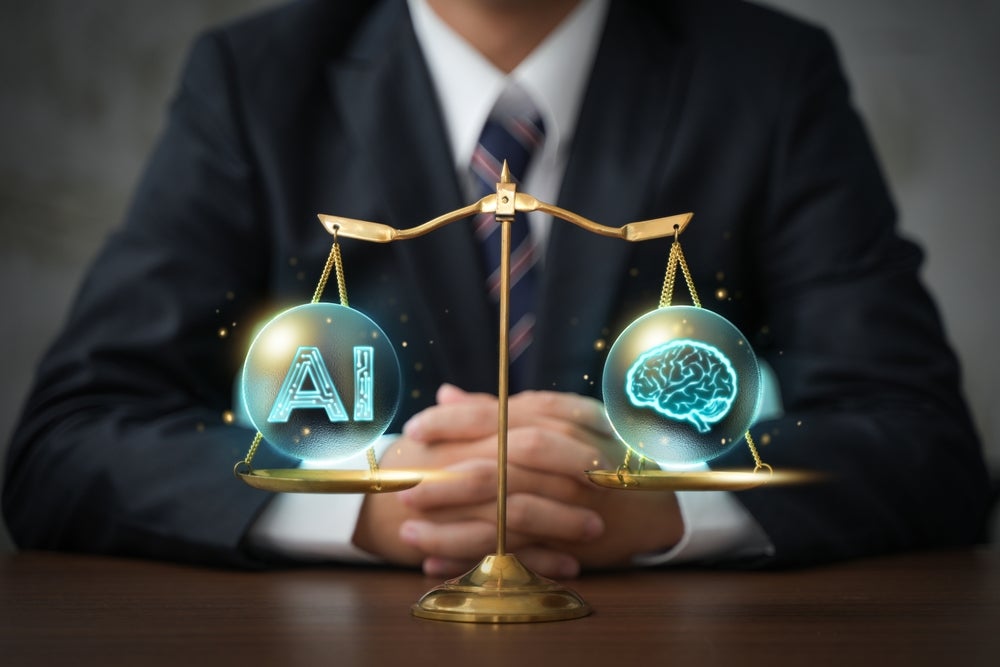AI has long been used in the legal profession, despite this being a sector that traditionally resists digitalization and change.
However, the advent of generative AI is now taking this technology to a new level. For the first time, we have a tool that generates content and language on its own and can perform sophisticated writing and research tasks in a way that previously required highly skilled people. The implications for the sector could be massive.
AI-based applications are fairly established in the legal profession
AI is widely used within the legal profession to automate repetitive and manual processes. Some applications of AI include reviewing contracts more quickly and consistently to spot errors, assisting with legal research to find key information—for example, legal precedents—or using chatbots to answer legal questions from clients wherever this is possible.
Efficiency and accuracy improvements are the main benefits: for instance, one of the most time-consuming tasks is litigation, which involves extracting the meaning and most relevant information from an enormous set of documents produced during discovery. This can be vastly accelerated, with AI doing work in seconds that might otherwise take weeks.
Now generative AI is poised to radically transform legal work
Generative AI can perform several tasks performed by lawyers. When it comes to creating a contract for the sale of a piece of property, lawyers could simply provide generative AI with the names of the buyer and seller, the price of the property, and any special provisions. Generative AI can also provide lawyers with a natural language interface for their existing legal workflows to answer specific questions, such as whether a clause in a lease violates any laws in a specific jurisdiction and rewrite it so it is no longer in violation.
Generative AI brings data analytics to a new level, allowing users to interact with data through text-based questions—for example, to understand a company’s financial and operational data as part of the due diligence on the company.

US Tariffs are shifting - will you react or anticipate?
Don’t let policy changes catch you off guard. Stay proactive with real-time data and expert analysis.
By GlobalDataGenerative AI promises to transform old concepts in legal practice such as the traditional billable hour. If lawyers can perform high-quality work faster, they can spend more time on the high-value parts of their job, like focusing and engaging with clients.
Some law firms are embracing AI but there is caution
Some early adopters of generative AI among law firms include Allen & Overy, which has been one of the first to introduce the Harvey AI chatbot for use in active cases, and DLA Piper, which uses the GPT-4-powered legal assistant CoCounsel.
However, a 2023 Survey sponsored by the Thomas Reuters Institute suggests that there is a degree of caution among law firms in adopting generative AI: only 51% believed that it should be used in legal work, while 62% of respondents—which included 80% of partners and managing partners—had concerns of using ChatGPT and generative AI at work. The difference suggests that legal professionals see the potential of using generative AI but are unsure if they can trust the tools, which is a concern shared by businesses across different industries.
The cautious attitude is more than justified, as several risks come with the technology that can be especially damaging when used in legal settings, such as hallucinations, inaccuracies, and bias creeping into the model.
Training and new skills will be needed, including how to choose the right AI tool for a particular task, how to construct the right queries, and how to evaluate the accuracy and quality of the responses. Ultimately, AI cannot fully weigh the factors that go into the many strategic decisions and it cannot replace the human element of relationships with clients.









